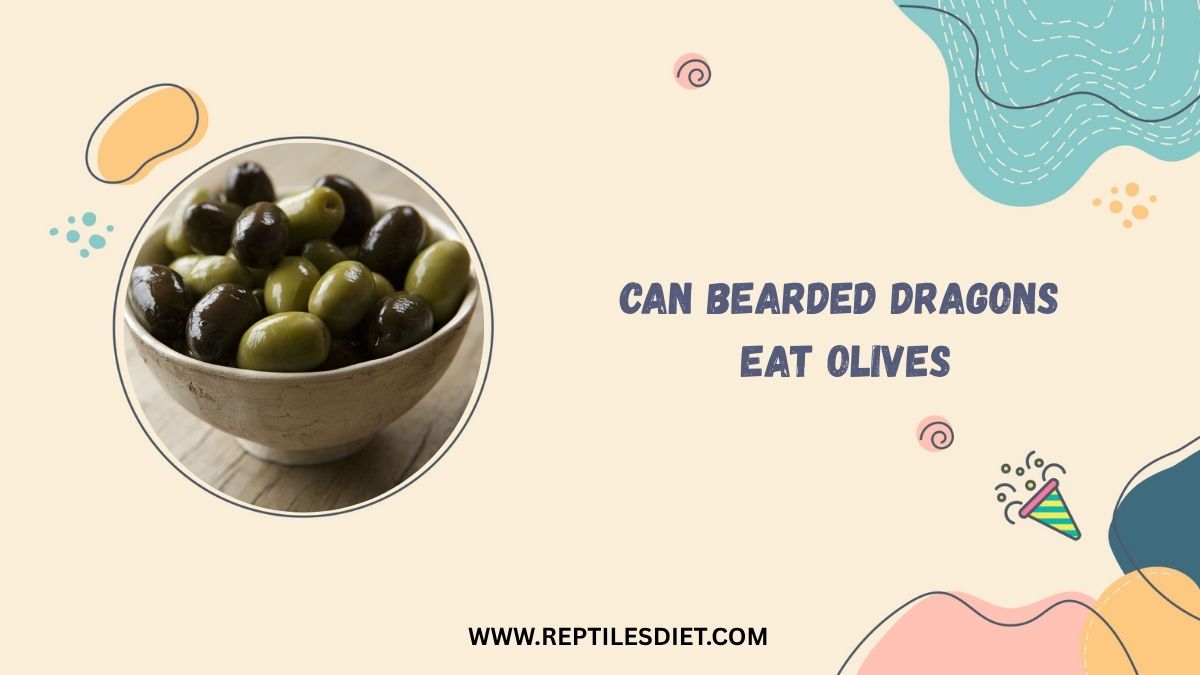Bearded dragons are popular pets known for their friendly nature and unique look. As omnivores, they eat both plants and insects, but their diet needs careful planning to keep them healthy.
Bearded dragons can eat pitted olives as a rare treat in tiny amounts. They’re high in fat and sodium, so avoid regular feeding. Offer healthier options, such as greens and insects, instead.
This article explores whether bearded dragons can eat olives, the risks and benefits, and how to feed them properly. We’ll also cover their general dietary needs and offer tips for a balanced diet.
Understanding Bearded Dragon Nutrition
Bearded dragons come from the deserts of Australia, where they eat a mix of insects, plants, and sometimes small animals.
In captivity, their diet should mimic this natural balance. Young bearded dragons need more protein for growth, so their diet is about 80% insects and 20% plants.
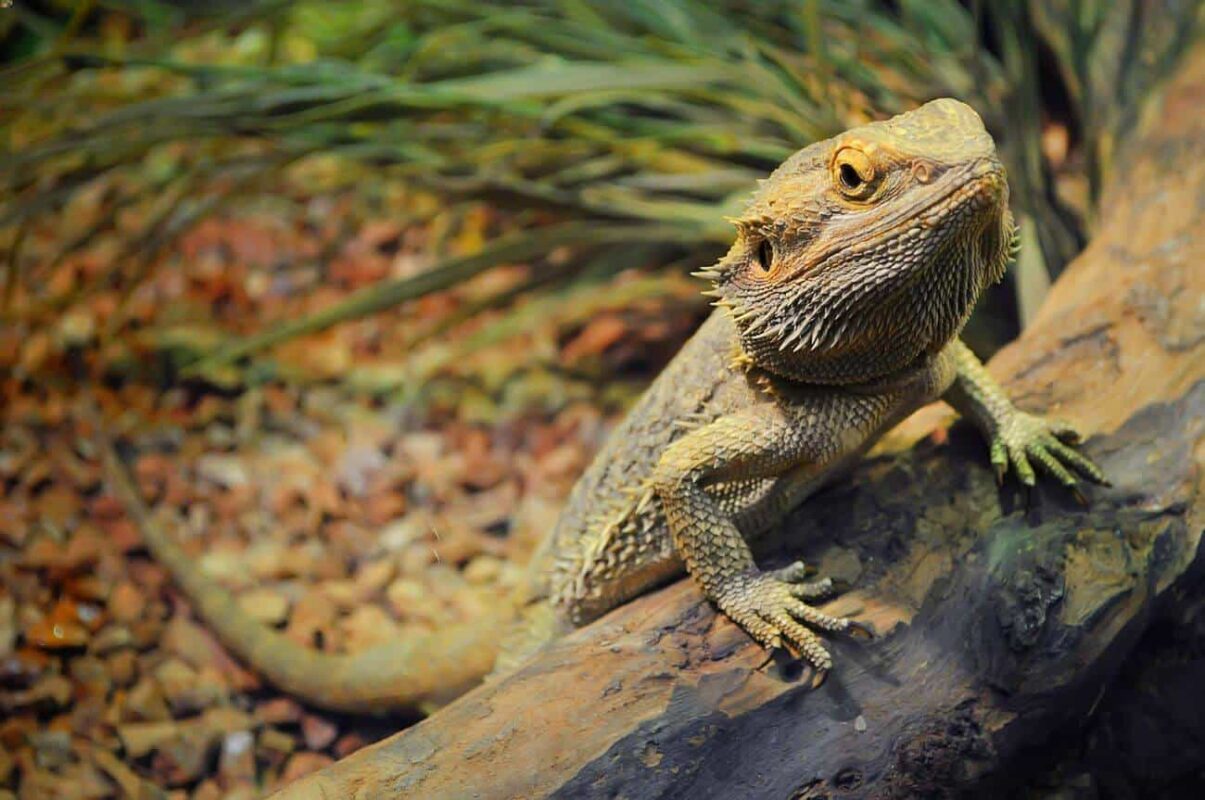
As adults, this shifts to roughly 50% plants and 50% insects, or even 80% plants for older dragons. A proper diet ensures strong bones, good digestion, and a long life, which can be up to 10–12 years with good care.
Key nutrients for bearded dragons include:
- Calcium: Vital for strong bones and muscles. A lack of calcium can lead to metabolic bone disease, a serious condition.
- Phosphorus: Works with calcium but should be lower in amount to avoid binding calcium and preventing its absorption.
- Protein: Needed for growth, especially in young dragons, and provided by insects like crickets and mealworms.
- Vitamins and minerals found in leafy greens and certain fruits support overall health.
- Water: Bearded dragons need fresh water daily and can also get hydration from misted vegetables or soaking baths.
The calcium-to-phosphorus (Ca:P) ratio is critical. Foods should have a Ca:P ratio of at least 1.5:1, ideally 2:1, to support healthy bone growth. Too much phosphorus can block calcium absorption, causing health problems.
Can Bearded Dragons Eat Olives?
Olives are a common human food, often enjoyed as a snack or in dishes. They’re packed with nutrients like healthy fats and antioxidants, which are great for people.
But are they safe for bearded dragons? The answer is only in very small amounts as an occasional treat, and even then, they’re not the best choice.
Here’s why:
1. High-Fat Content:
Olives contain about 10–15% fat, which is much higher than the 2–3% fat bearded dragons need. Too much fat can lead to obesity, liver issues, or digestive problems like bloating or diarrhea.
2. High Sodium Levels:
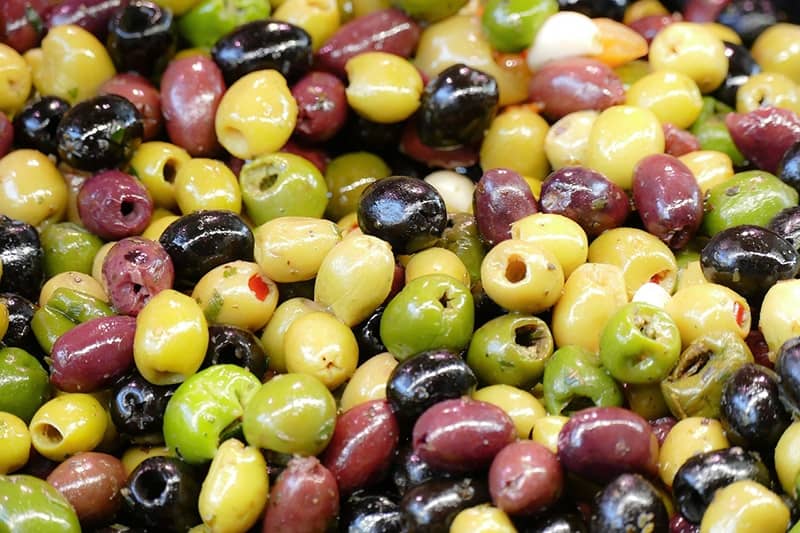
Olives, especially canned or pickled ones, are high in sodium. Bearded dragons only need about 0.2% sodium in their diet.
Excess sodium can cause dehydration, kidney damage, or electrolyte imbalances, which are dangerous for these small reptiles.
3. Poor Calcium-to-Phosphorus Ratio:
Olives have more phosphorus than calcium, with a Ca:P ratio that’s unhealthy for bearded dragons. This imbalance can disrupt calcium metabolism and increase the risk of metabolic bone disease.
4. Preservatives and Additives:
Many olives are processed with salt, vinegar, or other preservatives. These additives can upset a bearded dragon’s stomach or cause long-term health issues.
5. Choking Hazard:
If olives aren’t pitted, the hard pit can be a choking risk or cause digestive blockages, known as impaction.
While olives aren’t toxic, they don’t provide the nutrients bearded dragons need. Their natural diet in the wild doesn’t include olives, so their bodies aren’t built to handle them well. Some sources suggest that olives can be a rare treat, but there are safer and healthier options available.
Risks of Feeding Olives to Bearded Dragons
Feeding olives regularly or in large amounts can harm your bearded dragon. Here are the main risks:
- Obesity: The high-fat content can lead to weight gain, which puts stress on their organs and shortens their lifespan.
- Kidney Problems: Consuming excessive sodium can strain the kidneys, potentially leading to dehydration or long-term damage.
- Metabolic Bone Disease: The poor Ca:P ratio can prevent proper calcium absorption, weakening bones and causing pain or deformities.
- Digestive Issues: High fat and sodium can cause bloating, diarrhea, or impaction, especially if the olive pit is accidentally swallowed.
- Nutritional Imbalance: Olives lack the protein, vitamins, and minerals bearded dragons need, so they don’t contribute to a balanced diet.
Some owners confuse olives with olive oil, which is sometimes used in small amounts to help with constipation. However, olive oil is different—it’s a remedy, not a food, and should only be used under a vet’s guidance. Feeding whole olives doesn’t have the same effect and can cause more harm than good.
How to Feed Olives Safely (If You Must)
If you decide to give your bearded dragon an olive as a rare treat, follow these steps to minimize risks:
- Choose the Right Olives: Pick fresh, organic, pitted olives with no added salt, preservatives, or seasonings. Avoid canned or pickled olives, as they’re loaded with sodium and additives.
- Wash Thoroughly: Rinse the olive well to remove any surface chemicals or residues.
- Cut into Small Pieces: Chop the olive into tiny, bite-sized pieces to prevent choking and make it easier to digest.
- Offer Sparingly: Limit to one or two small pieces once a month at most. Olives should never be a regular part of their diet.
- Monitor Their Reaction: After feeding, watch for signs of digestive upset, such as bloating or a lack of appetite. If you notice anything unusual, contact a reptile vet.
- Balance with Other Foods: Always pair treats like olives with nutrient-rich foods, such as leafy greens and calcium-dusted insects, to maintain a balanced diet.
Even with these precautions, olives aren’t the best treat. Healthier options, such as blueberries, mango, or dandelion greens, provide similar variety without the risks.
Better Food Choices for Bearded Dragons
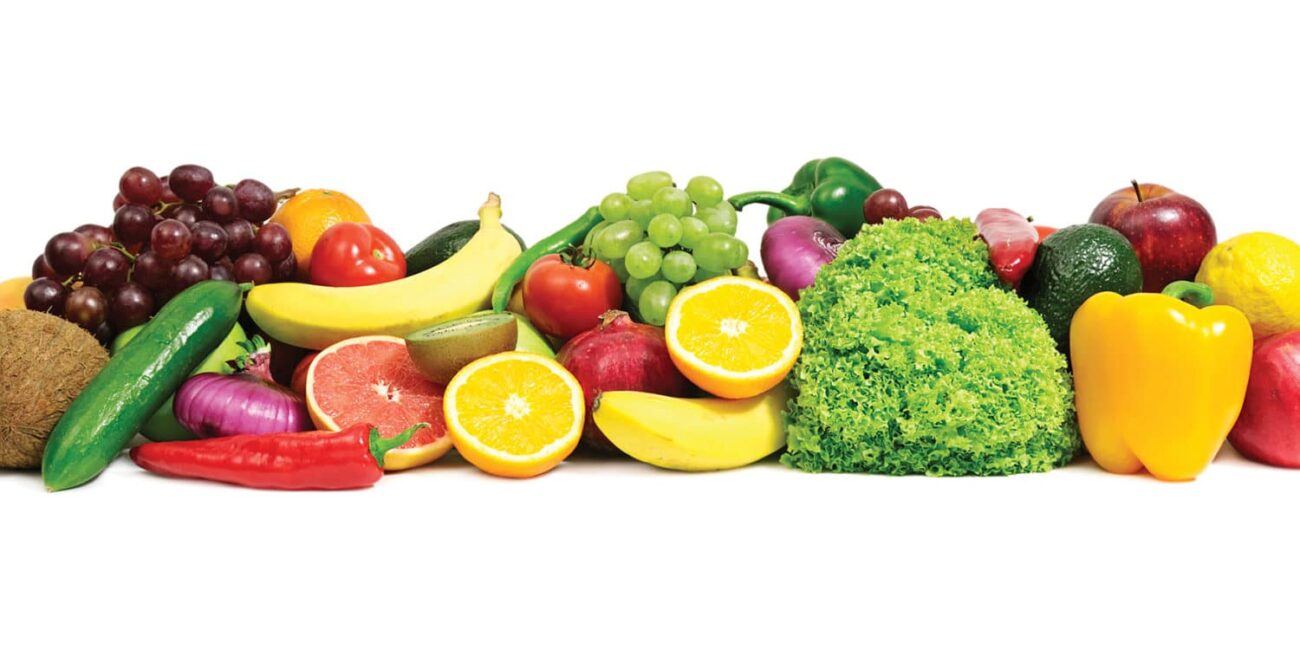
To keep your bearded dragon healthy, focus on foods that meet their nutritional needs. Here’s a quick guide to safe and beneficial foods:
1. Insects (Protein Sources)
- Crickets: High in protein and calcium, a great staple for young dragons.
- Dubia Roaches: Nutritious and easy to digest, ideal for all ages.
- Mealworms: Good as a treat but not a staple due to their high fat content.
- Black Soldier Fly Larvae: High in calcium, great for growing dragons.
Always gut-load insects (feed them nutritious food) before offering them to your dragon, and dust them with calcium powder a few times a week.
2. Vegetables (Staple Greens)
- Collard Greens: High in calcium and low in oxalates, perfect for daily feeding.
- Mustard Greens: Nutritious and easy to find.
- Dandelion Greens: High in calcium and a favorite for many dragons.
- Squash: Adds variety and is safe for regular feeding.
Wash and chop vegetables finely to encourage eating and prevent choking.
3. Fruits (Occasional Treats)
- Blueberries: Low in sugar and high in antioxidants.
- Mango: Sweet and nutritious, but feed sparingly.
- Apples: Remove seeds and peel; offer in small amounts.
Fruits should only make up about 10% of the diet due to their sugar content.
4. Foods to Avoid
- Avocado: Toxic and can be fatal.
- Rhubarb: High in oxalates, which block calcium absorption.
- Citrus Fruits: Too acidic and can cause digestive upset.
- Fireflies: Highly toxic and can kill bearded dragons.
- Iceberg Lettuce: Low in nutrients and can cause diarrhea.
Tips for a Healthy Bearded Dragon Diet
To ensure your bearded dragon thrives, follow these best practices:
- Maintain a Feeding Schedule: Feed juveniles 2–3 times daily with insects and greens. Adults can eat once daily, with insects a few times a week.
- Provide Fresh Water: Keep a shallow dish of clean water in their enclosure, and mist the vegetables or soak them in warm water to ensure hydration.
- Use Proper Lighting: UVB lighting is crucial for calcium absorption. Replace bulbs every 6 to 12 months as recommended.
- Supplement with Calcium: Dust insects with calcium powder (without D3 if using a UVB bulb) to prevent deficiencies.
- Keep the Enclosure Clean: Remove uneaten food to prevent bacteria growth, which can make your dragon sick.
- Consult a Vet: Before adding new foods like olives, talk to a reptile vet to ensure they’re safe for your dragon.
Common Myths About Bearded Dragon Diets
There are many myths about what bearded dragons can eat. Here are a few to clear up:
- Myth: Bearded dragons can eat anything humans eat.
- Truth: Many human foods, like olives, are unhealthy or dangerous for reptiles.
- Myth: Olive oil and olives are the same.
- Truth: Olive oil is sometimes used for constipation, but whole olives have different risks and aren’t a remedy.
- Myth: All fruits are safe for bearded dragons.
- Truth: Fruits should be limited, and some, like citrus, are harmful.
Can Bearded Dragons Eat Olives Raw
Bearded dragons can eat raw olives, but only a tiny bit as a rare treat. Olives contain too much fat and sodium, which can lead to weight gain or kidney problems. Better choices are greens or safe fruits.
Can Bearded Dragons Eat Olive Oil
Olive oil isn’t food for bearded dragons but can be used in tiny amounts to help with constipation if a vet says it’s okay. Don’t feed it regularly, as it’s too fatty and lacks the necessary nutrients.
Can Bearded Dragons Eat Pickles
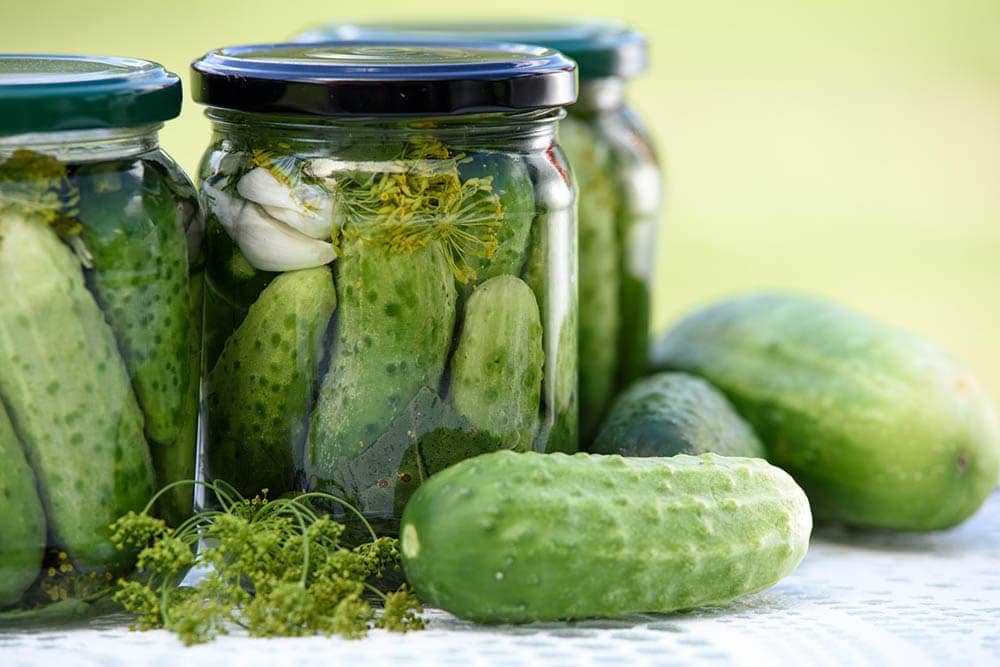
Bearded dragons shouldn’t eat pickles. They’re high in salt and vinegar, which can hurt their stomach and kidneys. Pickles also lack the nutrients bearded dragons need. Stick to fresh greens and insects for a healthy diet.
Can Bearded Dragons Eat Tomatoes
Bearded dragons can eat tomatoes in small amounts as a treat. They have some vitamins but are acidic and high in phosphorus, which isn’t great. Remove the seeds and offer only a small amount mixed with healthier greens.
Can Bearded Dragons Eat Onions
Bearded dragons should never eat onions. They’re toxic and can damage red blood cells, causing serious health issues. Onions also upset their stomach. Keep their diet safe with greens, insects, and approved fruits instead.
Can Bearded Dragons Eat Blackberries
Bearded dragons can eat blackberries as a treat. They’re sweet, with vitamins, but high in sugar, so only give a few pieces once in a while. Always mix with greens and insects for a balanced diet.
Can Bearded Dragons Eat Bananas
Bearded dragons can eat bananas in small amounts as a treat. They’re sweet and have potassium but are high in sugar and phosphorus. Feed only a little, chopped up, with greens and insects for better nutrition.
Can Bearded Dragons Eat Shrimp
Bearded dragons shouldn’t eat shrimp. It’s high in fat and sodium, which can harm their kidneys and digestion. Shrimp also lack the right nutrients. Feed safe insects, such as crickets and greens, for a healthy diet instead.
FAQs
1. Are Black Olives Safe for Bearded Dragons?
Black olives aren’t safe for bearded dragons. They’re high in fat and salt, which can cause tummy and kidney problems.
2. Can Bearded Dragons Eat Salmon?
Bearded dragons shouldn’t eat salmon. It’s too fatty and salty, which can hurt their digestion and kidneys. Stick to insects.
3. Can Bearded Dragons Eat Cranberry Sauce?
Cranberry sauce is bad for bearded dragons. It’s full of sugar and lacks the nutrients they need. Feed greens instead.
4. What Is a Bearded Dragon’s Favorite Vegetable?
Bearded dragons love collard greens, mustard greens, and dandelion greens. These are healthy, full of calcium, and easy to eat.
5. Can Bearded Dragons Have Cheese?
Bearded dragons can’t have cheese. It’s too fatty and hard to digest, causing tummy issues. Offer insects and greens instead.
Conclusion
Bearded dragons can eat pitted olives rarely, but they’re not ideal due to high fat and sodium. These can cause obesity and kidney issues. Stick to greens, insects, and safe fruits like blueberries for a healthy, balanced diet to ensure your dragon thrives.

